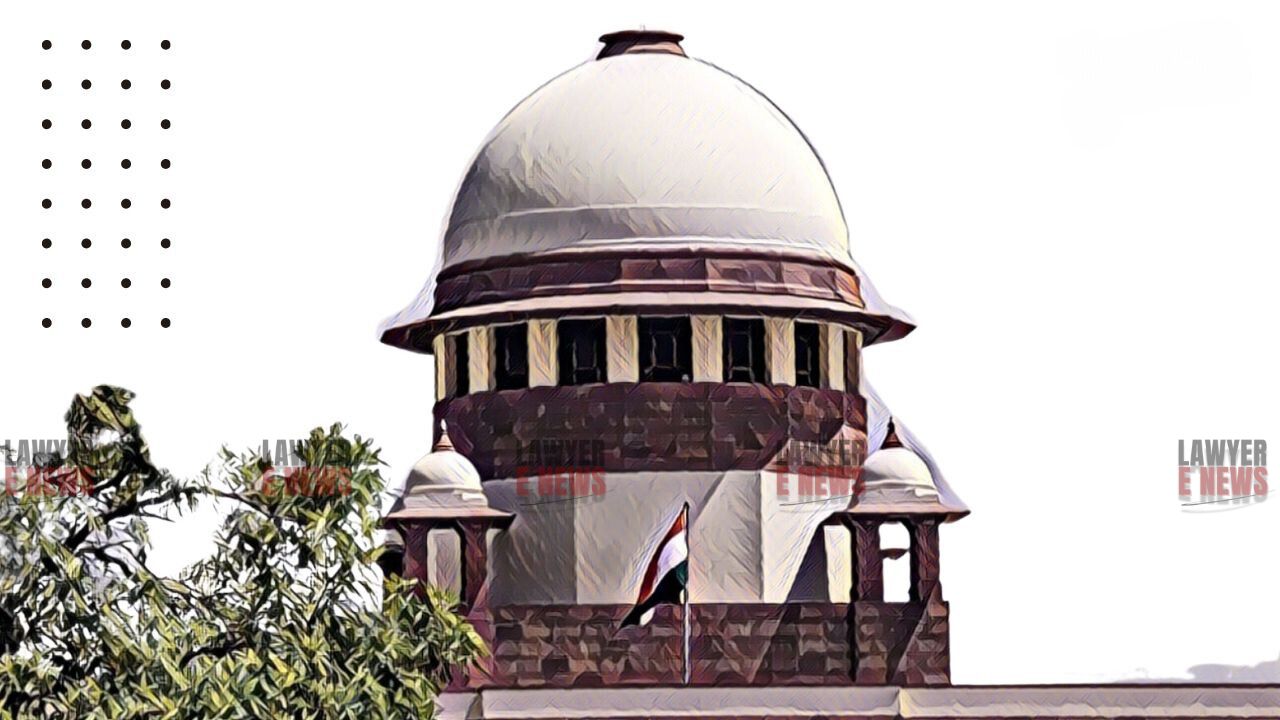-
by Admin
15 February 2026 5:35 AM



In the landmark judgment Supreme Court of India adjudicated on the critical question of whether a government employee, recommended for promotion before retirement but unable to assume the higher post due to procedural delays, can claim retrospective financial benefits. The Court held that such benefits cannot be granted without actual assumption of duties, emphasizing that the right to promotion is not absolute and does not extend to benefits when the employee has not served in the promoted capacity.
"Notional Financial Benefits Cannot Substitute Actual Service in a Promotional Role"
Dr. Amal Satpathi, formerly a Principal Scientific Officer in the service of the Government of West Bengal, was eligible for promotion to the post of Chief Scientific Officer (CSO) following amendments to the recruitment rules in January 2016. However, procedural delays marred the promotion process. While the Public Service Commission (PSC) recommended his promotion on December 29, 2016, the final approval from the department was granted only on January 4, 2017—by which time Dr. Satpathi had retired on December 31, 2016.
Despite this sequence, the West Bengal Administrative Tribunal recognized the procedural delays were beyond his control and directed that notional financial benefits be granted. The High Court upheld this decision. Dissatisfied, the Government of West Bengal contended before the Supreme Court that the grant of notional benefits contravened Rule 54(1)(a) of the West Bengal Service Rules, which precludes retrospective financial entitlements without actual assumption of duties in the promotional role.
The Supreme Court identified the central issue as whether an employee can claim notional financial benefits of a promotional post without formally assuming the associated responsibilities. The Court cited Rule 54(1)(a) of the West Bengal Service Rules, which stipulates:
"A Government employee who is appointed to officiate in a post shall not draw pay higher than his substantive pay unless the officiating appointment involves the assumption of duties and responsibilities of greater importance."
Interpreting this rule, the Court emphasized that promotion requires the assumption of duties and responsibilities of the higher post and cannot be effective retroactively from the date of vacancy or recommendation.
The Supreme Court overturned the orders of the High Court and the Tribunal, categorically stating:
"Promotion becomes effective only from the date of assumption of charge and not from the date of recommendation or the occurrence of a vacancy. While the right to be considered for promotion is fundamental, there is no absolute right to be granted promotion itself."
Drawing on the precedent set in Bihar State Electricity Board v. Dharamdeo Das, the Court reaffirmed that “a promotion is effective from the date it is granted, and not from the date when a vacancy occurs or a recommendation is made”. Thus, Dr. Satpathi could not claim retrospective benefits without assuming the duties of the Chief Scientific Officer before his retirement.
The Court also underscored the absence of any enabling provision that would allow for posthumous or retrospective promotions in cases like this. Referring to its decision in Union of India v. N.C. Murali, the Court reiterated that:
"Retrospective promotion cannot be granted in the absence of a specific rule enabling such an arrangement, particularly when the incumbent has not served in the higher post."
Moreover, the Court addressed the respondent’s argument that the delay was due to administrative inefficiency. While acknowledging the procedural delays were beyond Dr. Satpathi's control, it clarified that this fact did not create an exception to the general principle that promotions are effective only when duties of the higher post are assumed.
The Supreme Court concluded that Dr. Satpathi was entitled to be considered for promotion—a right safeguarded under Articles 14 and 16 of the Constitution—but not to the benefits of the promotional post without having served in it. It held:
"The principle of equality in Articles 14 and 16 does not extend to granting financial benefits for a post whose responsibilities were never assumed. This would contravene the settled principles of service jurisprudence."
Consequently, the judgment of the High Court of Calcutta dated February 1, 2023, and the West Bengal Administrative Tribunal’s order dated June 26, 2019, were set aside.
The appeal by the Government of West Bengal was allowed, and the claim for notional financial benefits by Dr. Satpathi was dismissed.
Date of Decision: November 27, 2024
